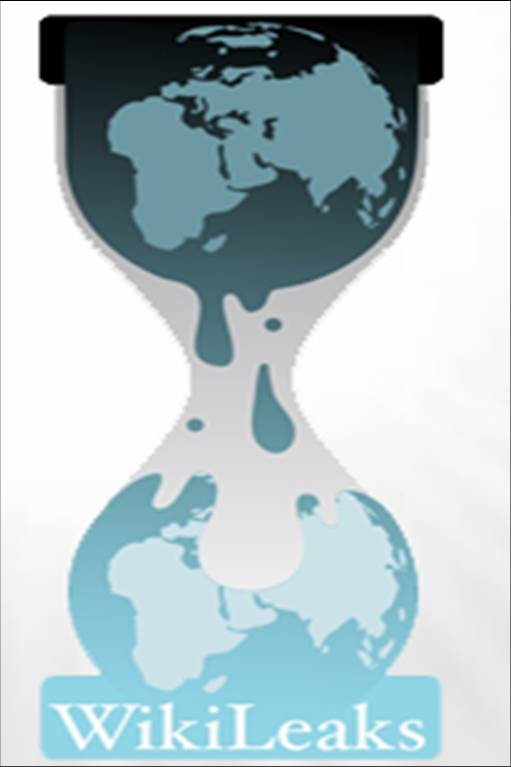 NYT story on Wikileaks' motives in publishing what the Times is calling "the war logs," which they and several other big mainstream media players were given access to a while back by the organization, leading to the flood of analyzing stories we shall now encounter.
NYT story on Wikileaks' motives in publishing what the Times is calling "the war logs," which they and several other big mainstream media players were given access to a while back by the organization, leading to the flood of analyzing stories we shall now encounter.
In "Great Powers," I praised Wikileaks for serving as a "wormhole between the two communities--the secret and the unclassified," describing it as "the Radio Free Europe of the surveillance age." To me, the organization characterizes an emerging standard of transparency in what many call the "long war," and what I refer to as the integration of frontiers as part of globalization's continuing expansion. It's this emerging transparency standard, sometimes generated by well-meaning friends, other times by insurgents simply looking to brag or recruit others by displaying their deeds, that pushed me to argue, as one of my "grand compromises" between America and the world, that we will eventually pursue an openness WRT to our security efforts around the planet that will mimic what Americans expect from their own police departments--as in, every round accounted for, like the NYPD has done for the last couple of decades.
Why reach for such an amazingly high standard? Because the ballooning transparency of this networked world will simply demand it--from the bottom up. Wikileaks is part of that bottom-up demand, and no matter what you think of its motivations, its impact will be viral--and lasting.
This is the inevitable--and painful--evolution we face: the Leviathan can stay in the secret shadows, but the SysAdmin is held to a supremely more difficult standard--behavior so clean that it can assuage shareholders' values, because if it can't, there's no hope of connecting investments by multinational corporations--aka job creation, and jobs are the only exit strategy.
As usual, such arguments are considered by some in the warrior class as complete nonsense--the fantastic attempt to civilize that which is inherently uncivil. But stepping back from the challenge is simply to admit that we cannot play in this arena, which in my estimation is damn near the whole enchilada going forward. Yes, we can pull back, stock up on our preferred platforms, and dream of getting it on with China over some distant lithium mine. But that would be holding on to the past instead of moving toward the future. China will simply disappoint.
So the US military either moves to that impossible standard over time, or it will forced out of the global policing business, only to see all manner of other entities fill that space sub-optimally. We can either lead or follow.
Because if done well, displaying sufficient progress over time, we will set a profound example that will revolutionize global security.